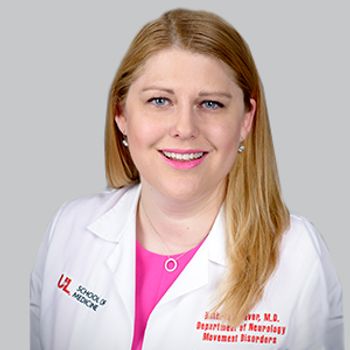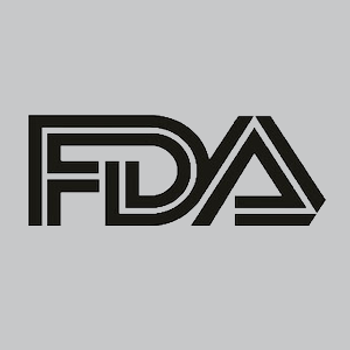
Patients with stroke should receive screening for sleep apnea in the short-term event period, receiving treatment with continuous positive airway pressure.

Patients with stroke should receive screening for sleep apnea in the short-term event period, receiving treatment with continuous positive airway pressure.

The associate chief of clinical pediatric neurology, director of the pediatric neurophysiology lab, and director at the Adolescent Epilepsy Center at UCLA spoke about therapeutic options for pediatric epilepsy.

M. Scott Perry, MD, spoke about the industry's excitement surrounding the current treatment landscape for pediatric epilepsy.

The Medical Director of Neurology and Justin Neurosciences Center at Cook Children's Medical Center spoke about the importance of staying up-to-date and informed about this rapidly changing space.

Jason Lerner MD, discussed the recently opened Adolescent Epilepsy Center at UCLA, a clinic that offers comprehensive care for teens with epilepsy.

The relationship between disease stage and behavior is important given the strength of the relationship relative to cognition and its negative impact on patients and caregivers.

Rachel Salas, MD, a Johns Hopkins Associate Professor, spoke about insomnia, a very individualized disorder, and the need for moving toward precision medicine.

The Johns Hopkins Associate Professor discussed the current of state sleep and also dove into the therapeutic landscape of sleep apnea.

Berk spoke to the important partnership between primary care and specialists in neurology.

For ischemic stroke with suspected large-vessel occlusion, regional centralization of care is estimated to result in the best outcomes.

Thomas Berk, MD, discussed the current therapeutic landscape of migraine, emphasizing the importance of conversing with each patient to identify an individualized approach.

Results provide Class IV evidence that nusinersen is safe and efficient on motor symptoms in patients older than 7 months of age.

Data suggest that nationally representative readmission metrics be used to benchmark hospital’s performance.

The Director of the Movement Disorders Clinic at the University of Louisville emphasized the importance of knowing each patient, where they’re coming from and their goals.

The director of the Movement Disorders Clinic at University of Louisville spoke about current therapies available for patients but stressed that they often don’t address the non-motor features.

If granted approval, DTHR-ALZ would be the first non-pharmacological prescription treatment to mitigate agitation and depression associated with Alzheimer disease.

Results concluded that noninvasive OCT was able to detect significant thinning especially in the center of the retina, around the fovea, in the inner layers of the retina prior to any evidence of dementia.

tDCS has been shown to be easily applicable, without significant adverse effects and relatively low-cost compared other pharmacologic treatments.

The designation is backed by positive interim data from ASPIRO, which has demonstrated significant improvements in neuromuscular and respiratory function at week 24.

The approval is backed by the effectiveness established in 2, 12-week studies in patients with Dravet syndrome, and open-label long-term studies.

Robbins discusses the exciting future of true designer drugs in the works for migraine prevention as well as the challenges that remain in the space.

The results indicated that 38% of patients responded to the device whereas 11% of patients responded when using the sham device.

This is the first study to utilize artificial intelligence for detecting a wide range of acute neurologic events, demonstrating a direct clinical application.

The investigational drug is in development for treatment of Duchenne muscular dystrophy patients amenable to exon 51 skipping.

The findings suggest that intensive lowering of blood pressure may reduce the risk of mild cognitive impairment and the combined risk of mild cognitive impairment and dementia, but not dementia alone.

The 2 anti-Aβ monoclonal antibodies, in treatment for Alzheimer disease, are currently being tested in 2 phase III trials.

This guideline gives recommendations to improve diagnosis, health outcomes and care of individuals with prolonged disorders of consciousness.

The professor of age-related diseases and Dean of the University of Exeter Medical School provided insight into the safety and efficacy of pimavanserin studied in treatment for Alzheimer psychosis.

IONIS-HTT Rx is the first and only drug to demonstrate reduction of mutant huntingtin protein in patients.

BAN2401 produced a dose-dependent substantial reduction in brain amyloid plaque at the highest dose, resulting in subjects converting to amyloid negative.